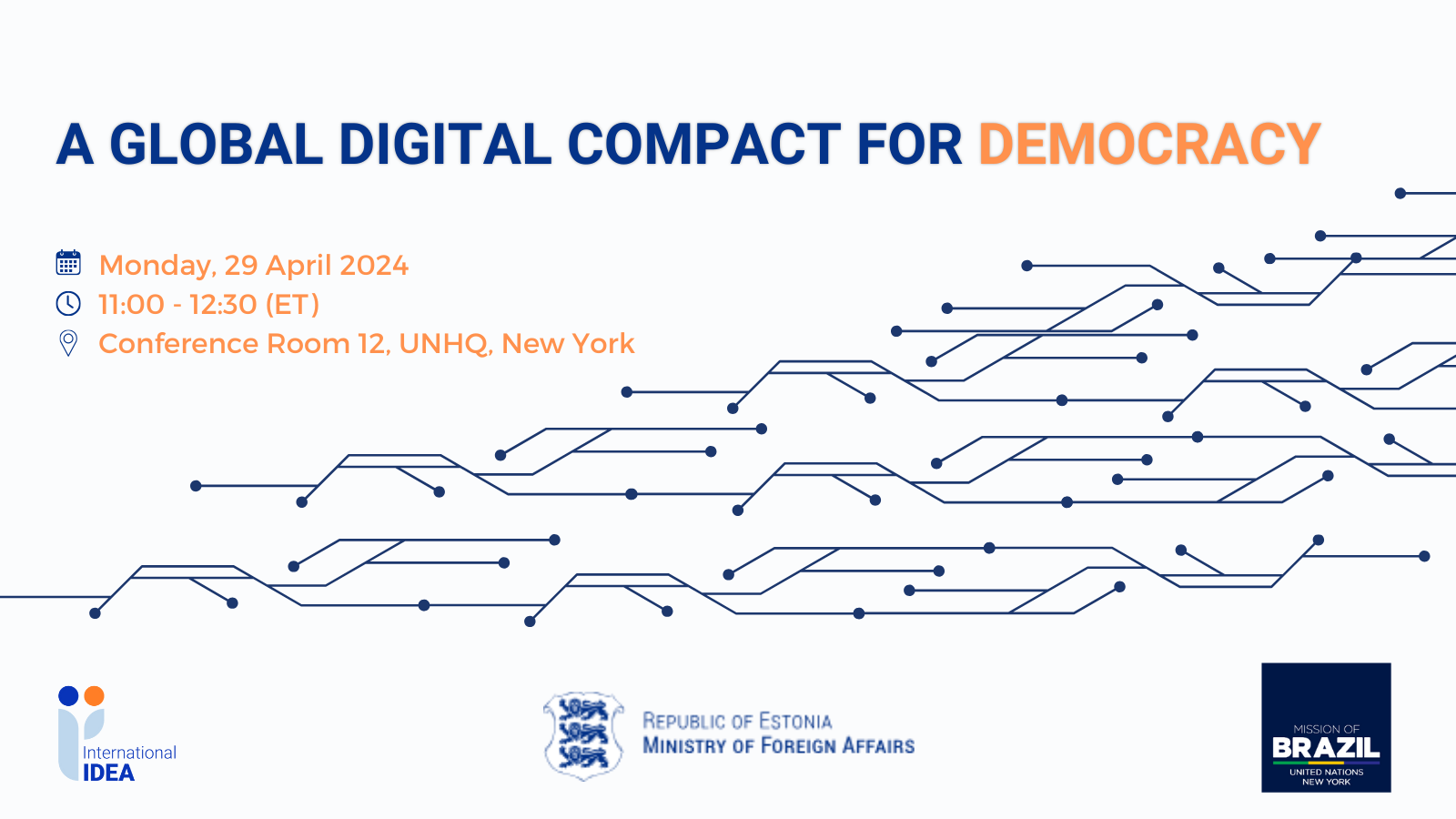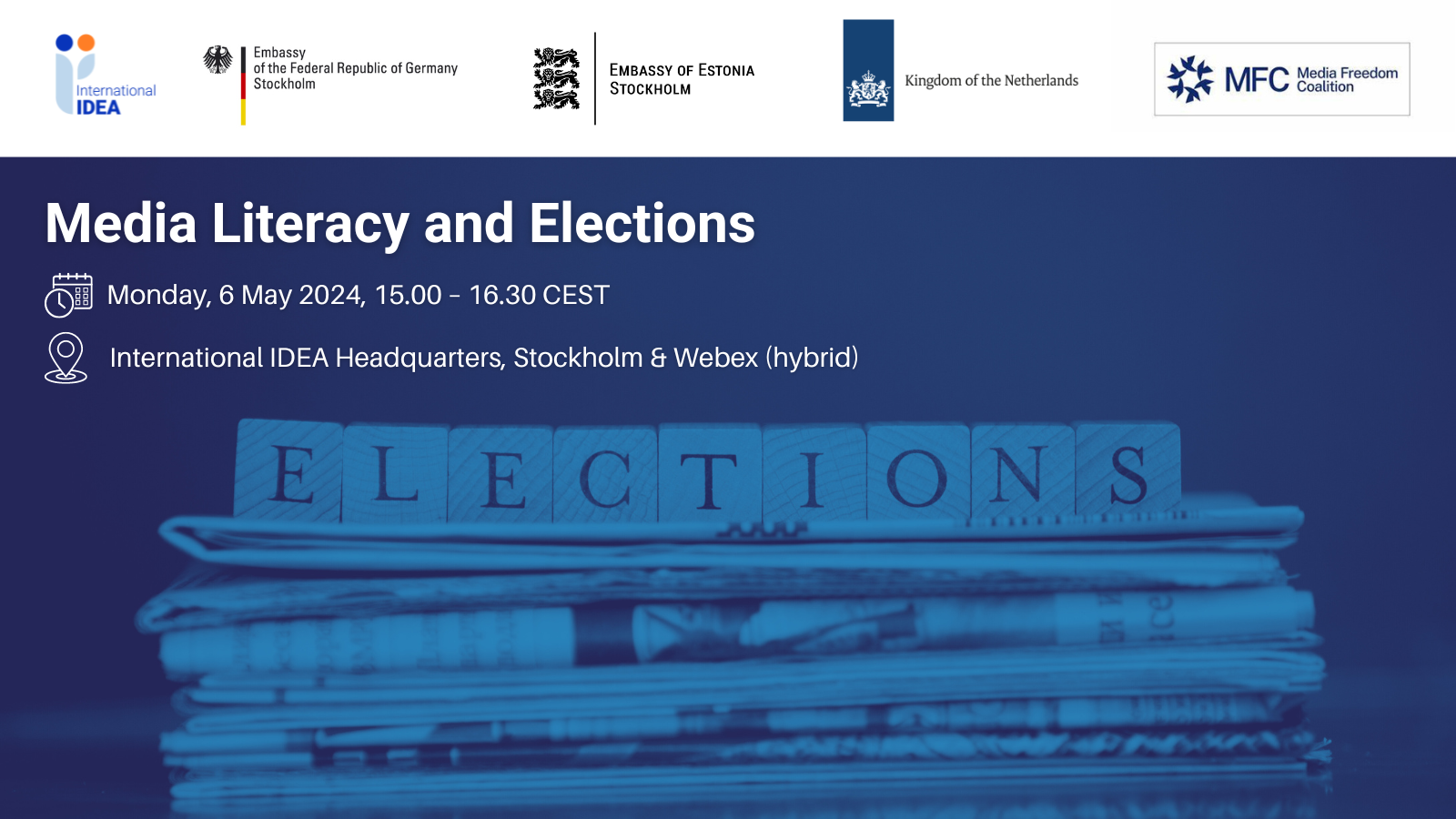Organized crime in conflict affected contexts: a challenge to address
Why does organized crime relate to the work of democracy support in fragile affected contexts? How can organized crime affect post-conflict recovery and reconstruction? In particular, how can it be a challenge to state building?
From 10 to 12 June, International IDEA participated in a conference on Organized Crime in Fragile Contexts to discuss these and other pending questions. Approximately 25 leading experts on organized crime and conflict, including researchers, practitioners, donors, and policy-makers were actively engaged at the two-day retreat. In particular, the conference aimed to distil credible hypotheses about the connection between organized crime, violent conflict and state fragility. The discussions took place in New York, as part of a policy-oriented research initiative led by the UN University, Centre for Policy Research (UNU-CPR).
Interesting conclusions were drawn at the conference. The most important link between armed conflict and organized crime may be related to state dysfunction. The nexus between organized crime and conflict tends to be greater in contexts where 'institutional alternatives to crime and violence are weak or non-existent and where the state is dysfunctional'. Hence, weak institutions combined with political, security and economic vulnerabilities create conditions for violent conflict and crime to connect.
Secondly, Organized crime can be both a spoiler and, maybe surprisingly, be a partner in conflict resolution efforts. Failure or lack of willingness to deal with criminal agendas of parties in peace processes endanger the effectiveness and durability of peace agreements. At the same time, black markets ran by the organized crime can provide economic support to the civilian population facilitating the end of conflicts.
Thirdly, Organized crime tends to thrive in transition contexts, from war to peace. Organized criminal groups tend to flourish in periods of political transition, often leading to an increase in crime related violence. Factors such as the nature of post-conflict economies, lasting legacies of war can facilitate the growth of organized crime in post conflict contexts. Also, the security and democracy trade-offs promoted by the international community can indirectly jeopardize democracy support or peace building: when the international community supports transitions out of fragility and/or state building, it can ignore the problem of organized crime as a strategic decision or an unforeseen mistake. However, ignoring this important actor and challenge might provide a greater opportunity for the organized crime to embed itself within State structures and processes in the long-term.
Some of the experts meeting in this retreat will meet again on the 3-5 of September at the Global Conference on Money and Politics organized by International IDEA in Mexico City. This is a great opportunity to further focus this challenge on the issue of organized crime money in politics. In addition, a high-level panel discussing this topic will include personalities such as Cheick Modibo Diarra, former Prime Minister of Mali and member of International IDEA’s Board of Advisers and Serhiy Leshchenko, Ukrainian Member of Parliament and renowned journalist. International IDEA would also take this opportunity to present its book Illicit Networks and Politics in Latin America to electoral management bodies representatives who will attend this global gathering.


